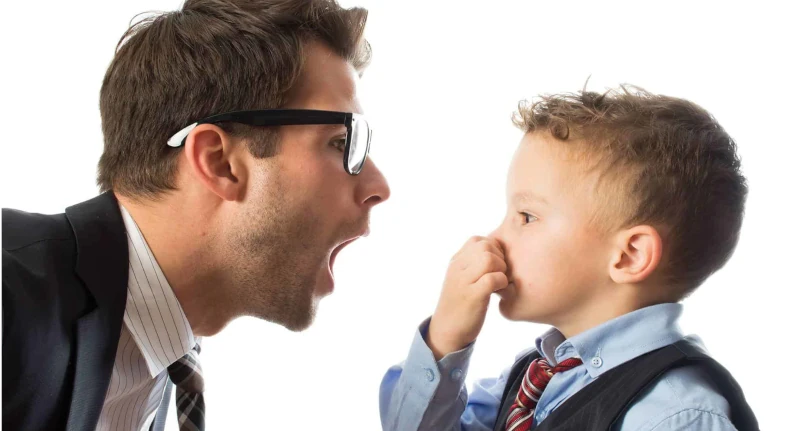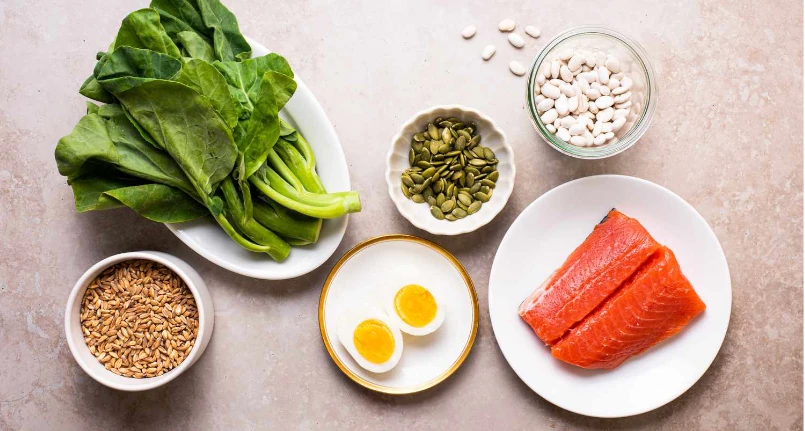Effects of Coffee and Caffeine
For many, coffee is not a simple habit, but a moment of profound pleasure; for this reason, when doctors impose it, it is so difficult to give up the beloved cup.
Safe amount of caffeine
The data available on the healthiness of this drink and the related medical opinions are conflicting. Unlike other substances (cocaine, heroin, alcohol, etc.) a good coffee has never led anyone to commit crimes, prostitute themselves or to request the intervention of medical aid. However, when taken in high doses, this drink is not entirely without side effects .
With due exceptions, doses of less than 300 mg of caffeine per day seem to be compatible with the state of health of most adults.
The safe dose of caffeine in a daily diet is therefore 300 mg (roughly the same contained in three cups of espresso coffee or 6 cups of tea ).
This limit can also be reached by ingesting 10 cans of coca cola , 8 cups of hot chocolate or 400 grams of extra dark chocolate .
For this reason, the synergistic and cumulative effect of the various foods must always be taken into consideration and, together with it, also the contribution of some caffeine-based drugs, such as certain analgesics, fat burners and anorectics .
In general, in children , the daily dose of caffeine should not exceed 100 mg, a limit that can easily be crossed with a cola-type drink and a piece of dark chocolate .
Tolerance
It should be noted that with habitual use a certain tolerance towards coffee is established.
This explains why, in subjects who make little use of this drink, the intake of 200-250 mg of caffeine is often sufficient to trigger disorders such as insomnia , headache , anxiety , irritability and hot flashes .
Effects of Caffeine
| AT MODERATE DOSES (4mg/kg per day) | AT HIGH DOSES* (≥ 10mg/kg per day) |
| Stimulates gastric, salivary and biliary secretion; therefore it has a mildly digestive effect. | Especially if taken on an empty stomach, it can cause heartburn and heartburn , esophagitis and gastroesophageal reflux . |
| In small doses, it slows the heart rate , causes coronary dilatation and bronchodilation; can improve allergic and asthmatic conditions. | It can cause tachycardia , hypertension and arrhythmias . |
| Improves psychomotor activity, athletic performance , mood and resistance to sleep and fatigue. | It has anxiogenic effect and causes tremors , insomnia and excitability. |
| Useful adjuvant in the therapy of obesity (anorexic and thermogenic effect); mild diuretic properties. | By reducing the absorption of calcium and iron , it favors the appearance of osteoporosis and anemic conditions. |
|
* Negative effects worsen when coffee is combined with other psychoactive drugs such as alcohol or tobacco. |
|
When to Avoid Coffee
The use of traditional coffee should be limited, or in any case replaced with decaffeinated coffee, in the event of:
- peptic ulcer
- dyspepsia
- hypersecretory gastritis
- reflux disease
- hypercholesterolemia
- ischemic heart disease
- arterial hypertension and cardiac arrhythmias
- abuse of alcohol , smoking or other psychoactive substances
- pregnancy (no more than two cups a day)
- fibrocystic mastopathy
Curiosity
- the lethal dose of caffeine for humans is about 100 grams; although similar dosages are practically impossible to reach immediately, a chronic hyper-consumption of coffee is associated with the side effects described above;
- a cup of bitter coffee contains about 2 calories ;
- a cup of bitter coffee with milk contains 10;
- a coffee with a teaspoon of sugar provides about 20 calories;
- the caffeine content of coffee varies according to the preparation methods (it is lower in instant coffee, intermediate in espresso, high in traditional moka and maximum in unfiltered coffee or obtained with gravimetric percolation (Neapolitan);
- the caffeine content of the coffee varies according to the quality of the raw material (among the best known species it is minimum in Coffea humboltiana , intermediate in Coffea arabica and maximum in Coffea robusta );
- an athlete tests positive for doping controls when the concentration of caffeine in his urine exceeds 0.012 mg/ml (= 12 mcg/ml ). It is not easy to establish exactly what dose of intake is able to overcome this threshold . In general, it is recommended not to drink more than 6-8 cups of espresso or two or three cups of traditional coffee in the three hours preceding the competition.




